Hasok Chang (Cambridge): “If you can spray phlogiston, is it real? A pragmatist conception of reality”
Any statements we make in science are about some presumed entities (e.g., hormones, electrons, or the gross national product), unless it is a pure report of sensation within oneself. Entity-realism is prior to truth-realism, since it would not make sense to maintain that a statement about nature is true unless it speaks about real entities. Therefore it is necessary for realists to grapple with ontology in some basic sense. But how can we actually judge what is real? In a move partly inspired by Hacking, I propose a coherence theory of reality: we should, and usually do, consider as real the presumed referents of concepts that play a significant role in a coherent system of practice. This judgement of reality is internal to each system, and it is continuous with everyday usage as in “Ghosts aren’t real.” The demand for coherence rules out many things, but also rules in many things. In the absence of what else we might operationally mean by “real”, we should have the audacity to embrace the reality of many different kinds of things (as with Dupré’s “promiscuous realism”), even if the concepts referring to them belong to mutually incommensurable systems of practice. This is what we ought to do if we really take success as our only reliable guide in deciding what to be realist about.


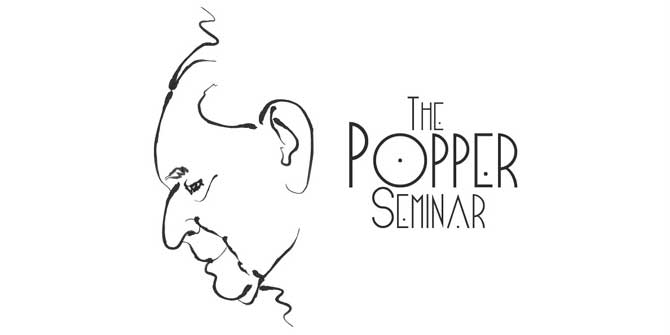
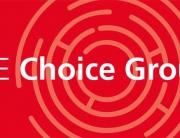
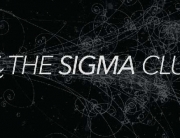
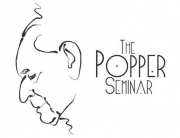

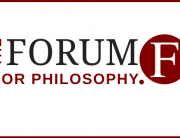
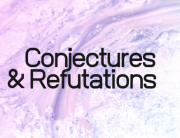


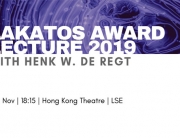

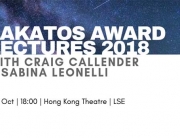
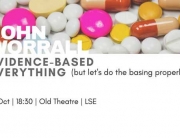
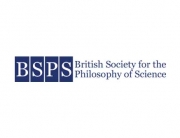
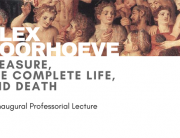
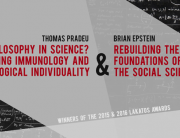
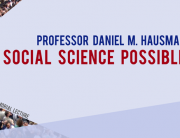
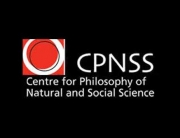


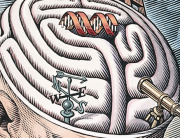
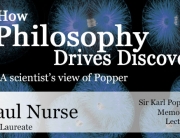
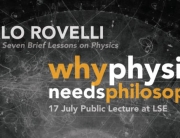

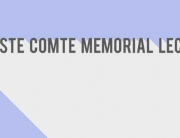
Connect with us
Facebook
Twitter
Youtube
Flickr